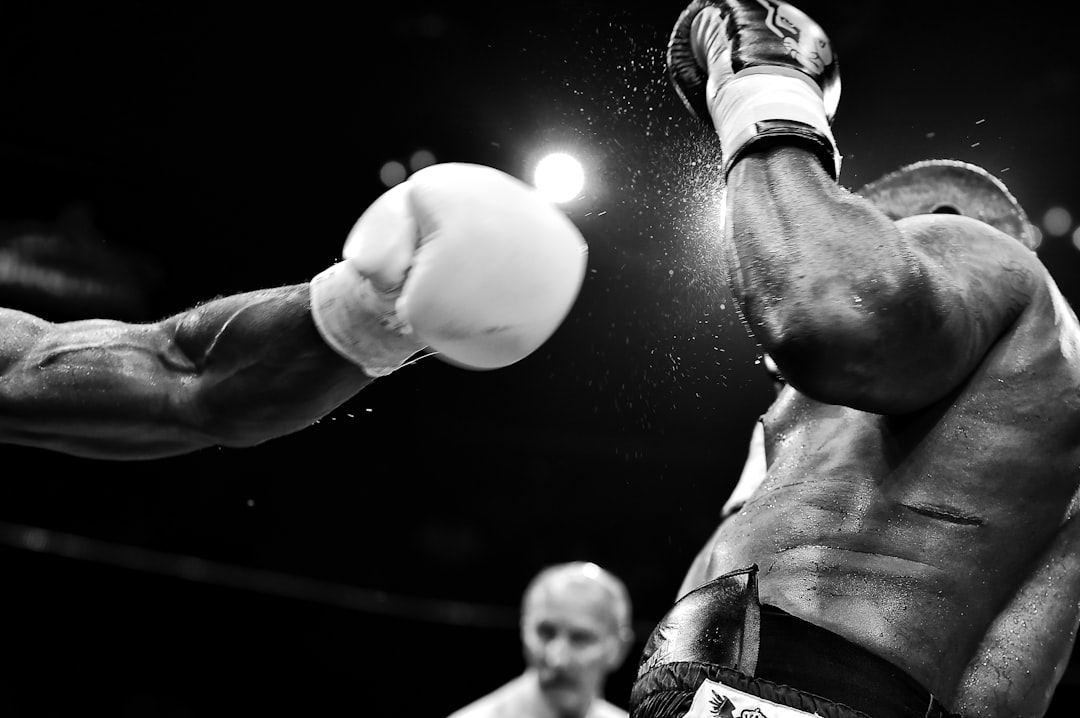Lawyer Bar Ass'n Bullies Quell Dissent Through Rule-Making
Pennsylvania bar association rule is a thinly-disguised tool to intimidate attorneys who espouse politically incorrect viewpoints.

One by one, attorneys who have represented or supported former President Donald Trump are being kayoed by local attorney bar associations.
The thrust of the accusations is that these attorneys are not sufficiently “decent” because they espoused views that conflict with the enlightened and politically “correct” view…

